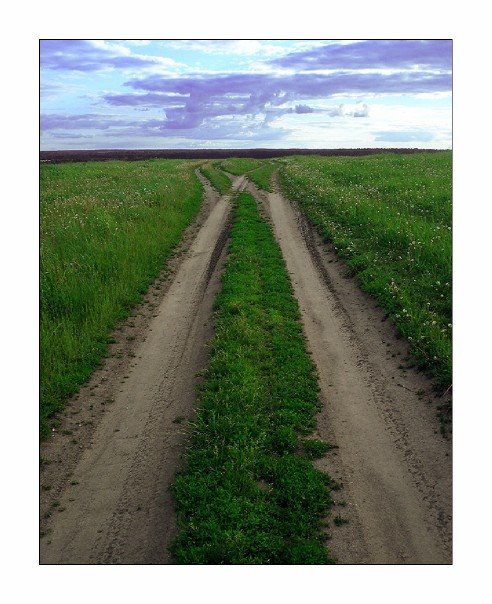By Christian Lowe
MOSCOW (Reuters) - Russia's next president Dmitry Medvedev pledged to uphold Vladimir Putin's policies on Monday after winning an election critics said was stage-managed to let the outgoing Kremlin leader keep his grip on power.
Displaying the double act that will be at the helm in Russia, Medvedev's first public appearance after the result became clear was to stand side by side with his mentor Putin on stage at a Red Square concert to thank his supporters.
Medvedev, who will be the youngest Russian leader since Tsar Nicholas II when he is sworn in on May 7, has asked former KGB spy Putin to be his prime minister. Putin, 55, was prevented by term limits from running for re-election.
But it is still not clear which of the two would really be in charge of the vast, nuclear-armed country as their power-sharing arrangement is unusual for a nation used to a single, strong leader.
Many Russians are enjoying the benefits of the biggest economic boom in a generation -- fuelled largely by oil exports -- and they see Medvedev as the natural heir to Putin and the best chance of hanging on to their new-found prosperity.
Kremlin opponents called Sunday's election a one-sided farce after near-complete results showed Medvedev had won just under 70 percent of the vote, even though he did not take part in a single campaign debate.
"This is a secret service KGB operation to transfer power from one person to another," former Prime Minister Mikhail Kasyanov, who was disqualified from the ballot, told Reuters.
Medvedev said his presidency would be a "direct continuation" of Putin's eight years in office -- a period marked by a single-minded concentration of power in the Kremlin and a willingness to stand up to the West on foreign policy.
But the 42-year-old former law professor who has spent most of his working life in Putin's shadow made clear he would not let his powerful prime minister encroach on his authority.
"The president's main office is in the Kremlin. The prime minister's permanent location is the White House (government headquarters)," he told reporters at his campaign headquarters.
TOUGH POSITIONS
Medvedev signaled Russia under his presidency would not abandon its tough positions on issues such as Kosovo and Washington's plans for a missile shield in Eastern Europe that have put Moscow at odds with the West.
"We should pursue independent foreign policies, the ones we had in the past eight years, with the main goal of protecting our national interests on all fronts by all possible means, but of course sticking to ... legal rules," Medvedev said.
In a further sign Russia was not softening its assertive foreign policy, state-controlled gas giant Gazprom was preparing to reduce supplies to pro-Western neighbor Ukraine at 0700 GMT on Monday over a debt dispute.
Kremlin officials said the fact the election was one-sided did not mean it was unfair. Election chiefs said they knew of no violations that would put the result in doubt.
Western observers monitoring the vote were expected to give an unflattering verdict later on Monday. They have already called the contest unfair because of the blanket television coverage enjoyed by Medvedev.
Civil society groups said millions of public sector workers were coerced into voting for Medvedev in Sunday's election, some on pain of losing their jobs.
Democratic U.S. presidential candidate Hillary Clinton said Russia's election "marks a milestone in that country's retreat from democracy ... The Russian people have been denied the opportunity to choose their leaders".
But the criticism from abroad and the small band of Kremlin opponents at home were out of step with the views held by most Russian voters.
"Russia is going through a renaissance and I want the country to continue along this path," said Ismail Uzhakhov, 53, head of a collective farm in the southern Russian region of Ingushetia.
Subscribe to:
Post Comments (Atom)

No comments:
Post a Comment